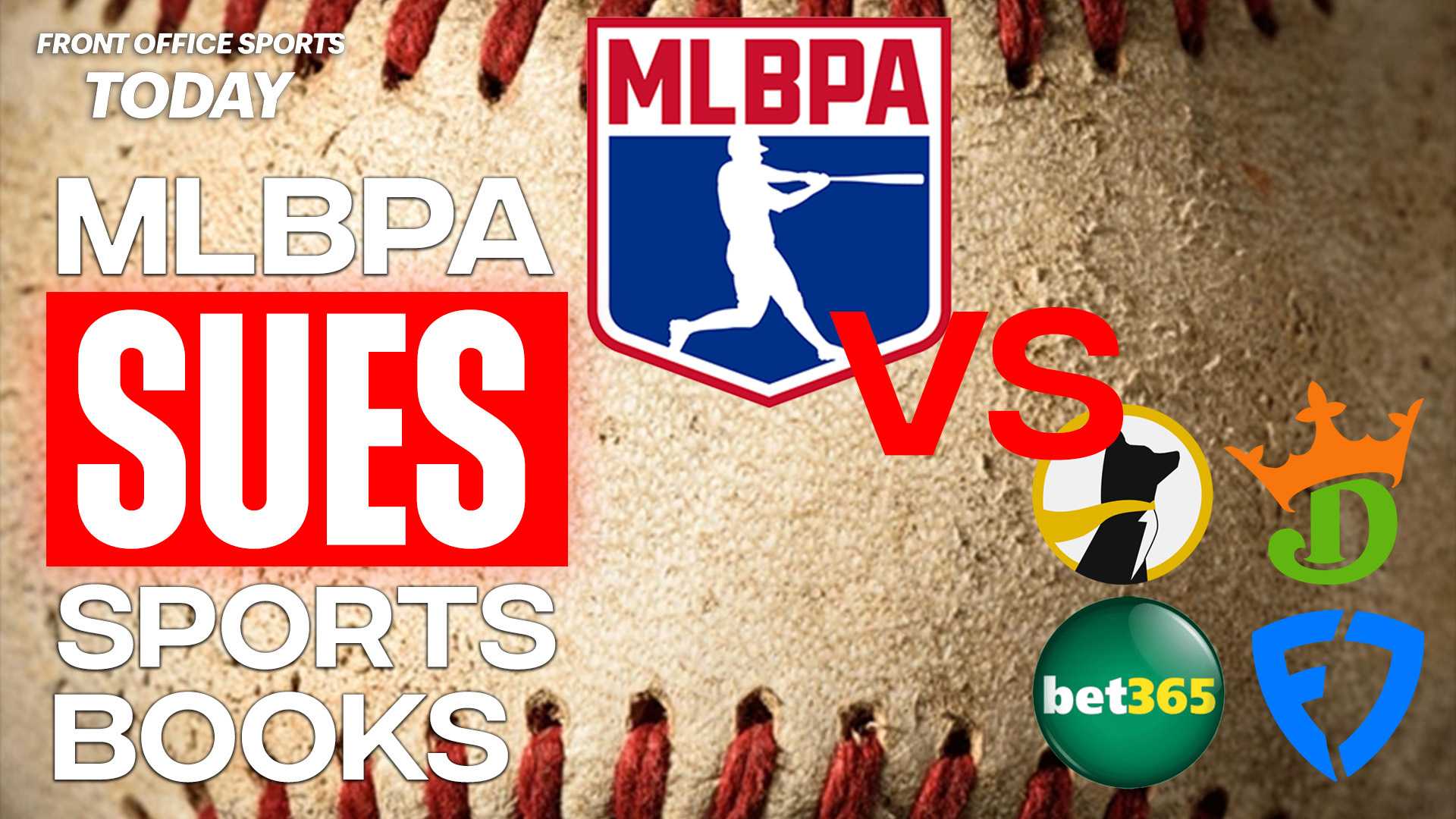Sports
UEFA’s Controversial Partnership with bet365: A Look at the Implications

The UEFA Champions League, renowned as the world’s foremost club football competition, is undergoing notable changes. This year, the tournament will adopt a new format, operating as a league table rather than utilizing group stages. This transformation has sparked extensive discussions among football fans and experts. However, a less publicized but significant development lies in UEFA’s recent partnership with a major British gambling company, bet365.
The financial details of UEFA’s agreement with bet365 have not been disclosed, yet the social repercussions of gambling remain a topic of concern. Recent studies have highlighted that the adverse effects of gambling in the UK might be greater than previously estimated, affecting approximately 1.3 million individuals. These individuals may face varied challenges, including accumulating debt, engaging in criminal activities, and enduring broken relationships. The prevalence of these issues is particularly high among men and younger populations.
Despite these concerns, UEFA is not the first sports organization to align itself with the gambling industry. In fact, gambling sponsorship is already entrenched within the English Premier League, raising additional questions about its societal impact. Research also indicates that sports broadcasting often evades post-watershed guidelines, thereby extending gambling advertisements to large audiences, including children and young adults.
As part of the sponsorship, bet365 is set to gain visibility through media backdrops, LED pitch perimeter displays, and digital platforms. The sponsorship strategy will employ ticket giveaways to promote gambling and engage fans. Sports enthusiasts may question UEFA’s decision, especially considering that the Premier League is set to prohibit gambling sponsors on players’ shirts from the 2026-27 season. Similar bans have already been implemented in Italy’s Serie A since 2019 and Spain’s La Liga in 2021.
Meanwhile, controversy surrounds instances like the English footballer Ivan Toney‘s penalty for violating gambling regulations, followed by his return to Brentford FC adorned with “Hollywoodbets” as a shirt sponsor. UEFA’s sponsorship decisions are contributing to the ongoing ‘gamblification’ of sport—a process that encourages fans to perceive gambling as an entertaining component of sports fandom, effectively making betting accessible via mobile phones.
The phenomenon known as “in-play betting,” active once a match commences, has reportedly become a significant revenue stream for bet365. Both UEFA and the gambling company express their commitment to “responsible gambling.” However, this concept has drawn criticism for shifting the onus onto individuals without acknowledging the inherent risks of gambling.
In claiming to leverage football’s global appeal for promoting responsible gambling awareness, UEFA is inadvertently facilitating the expansion of gambling profits—potentially increasing gambling-related harm among its audience.












